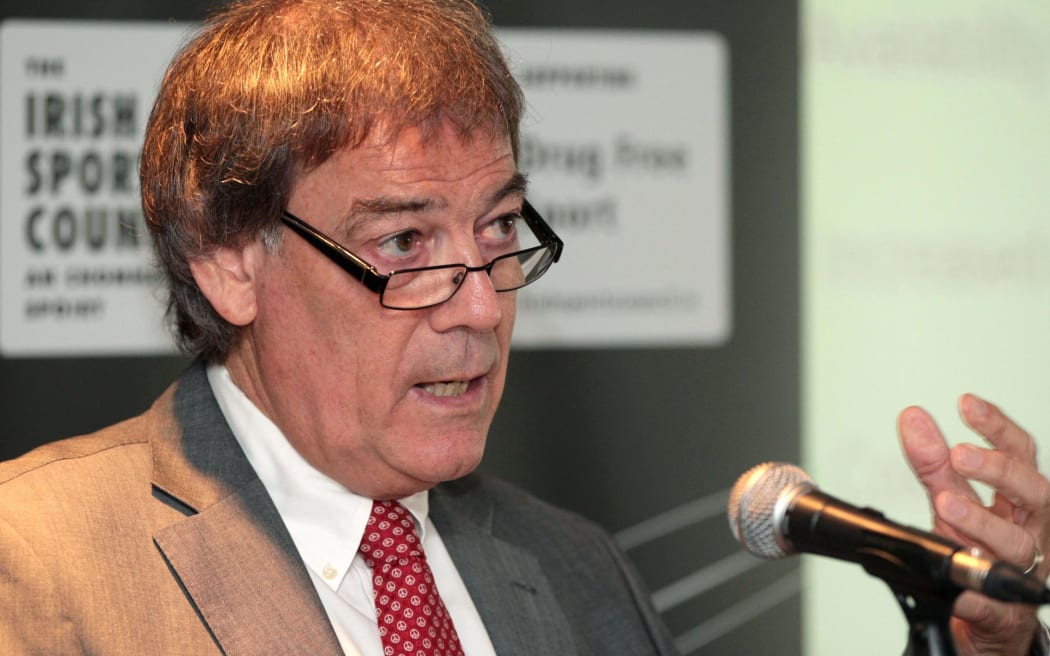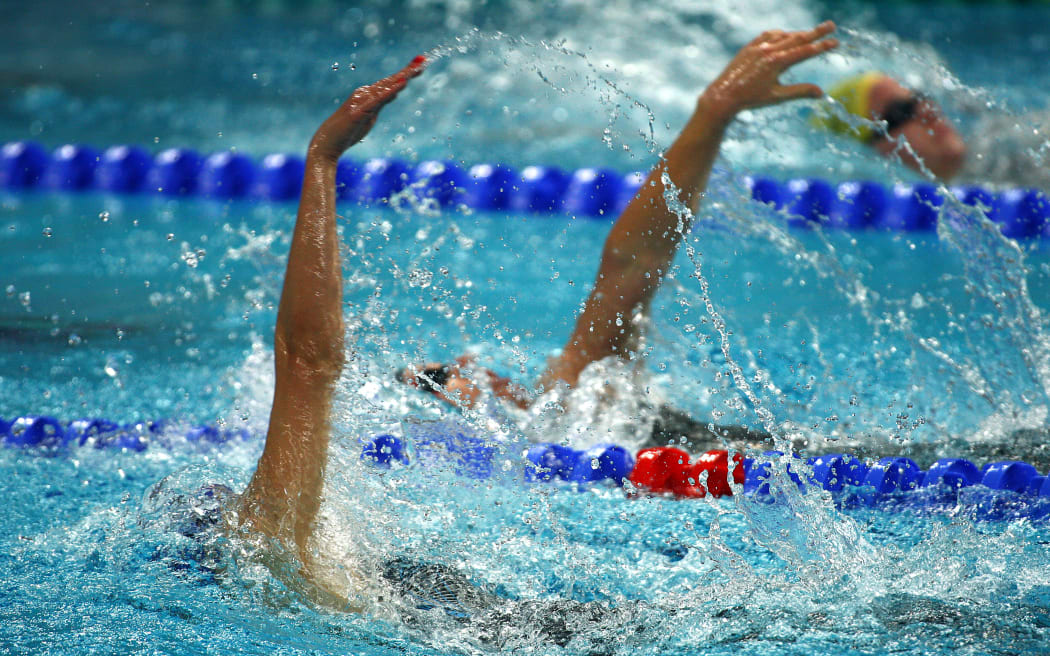
Former director-general of WADA David Howman. Photo: Photosport
The former New Zealand boss of the World Anti Doping Agency (WADA) says the organisation's credibility has been dented just months out from the Paris Olympics.
China's Anti-Doping Agency found they had unintentionally ingested the substance and WADA didn't take the matter any further.
A report determined all the swimmers who tested positive were staying at the same hotel where traces of trimetazidine (TMZ), which is found in heart medication, were discovered in the kitchen.
WADA has defended its handling of the case, saying it had no evidence to challenge China's findings but the under-fire agency said this morning it would launch an independent review over its handling of the case.
The investigation will be led by Swiss prosecutor Eric Cottier, who WADA said will have access to all files and documents related to the case and will be free to consult any independent experts.
China went on to win six medals in Tokyo - three of them gold - including Wang Shun who won the men's 200m individual medley in which New Zealand's Lewis Clareburt finished eighth.
New Zealander David Howman was director-general of WADA for 13 years until 2016, and told RNZ he understands why athletes feel let down, with the organisation failing to follow its own rules.
"It doesn't survive the smell test, there's something smelly about it all that might be remedied if they were to provide all the documentation that led them to the decision they took," Howman said.
"They've taken a management decision in a situation which would normally require a tribunal decision.
"If you were to tell somebody in the street that they could be at a hotel and somehow ingest heart medication because it could have got in their food or air conditioning, they would tell you you're bonkers."

Swimming. Photo: Photosport
Howman said WADA handled the matter in a way which was unusual, according to their own processes.
"The board of WADA, the executive committee was not informed about it. Nobody on that executive committee, including the Minister for Sport in New Zealand, Grant Robertson at the time, who was a member of that committee in 2020/21. So there is that sort of blur if you like, of it being kept away from public consumption.
"The process that should have been followed by the people conducting the tests, the Chinese anti-doping agency, when they got these adverse findings, they are under an obligation to tell the athletes that they're provisionally suspended, give them the right to contest that provisional suspension.
"If they contest it, make a decision on that, and then go forward to whatever might come next. What they say is they did that but there's no evidence of any hearing, there's no evidence of any decision. There's only evidence at the moment of a report, which seems to have been taken as a decision. Nothing tells us that the athletes were even involved, let alone informed.
"So the process is different from what one would expect if it had happened in New Zealand. Then it's what they did afterwards with that - they decided they shouldn't appeal it because they weren't going to quote 'win' unquote, in the Court of Arbitration for Sport."
Howman said the fix was to be open and transparent.
"Show us what led to the decision, so the documentation, because there are doubts about how effective the investigation was, they didn't investigate themselves, they left it to the Chinese service.
"It wasn't something that WADA were personally engaged in other than reading it, and their reason for not being able to be involved was Covid."
Cottier was expected to deliver his findings within two months.


